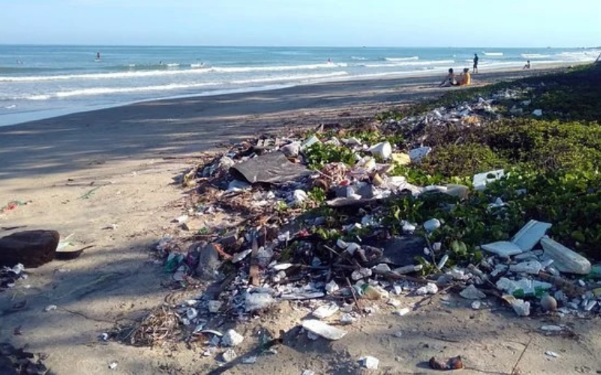The European Court of Auditors (ECA) recently published its Special Report ‘The Polluter Pays Principle (PPP) – Inconsistent application across EU environmental policies and actions’. It concludes that, although enshrined in the Treaty on the Functioning of the EU (TFEU), the PPP is included in European legislative acts to varying degrees and its application remains patchy across the Union.
According to the ECA, the PPP ‘requires that polluters should bear the costs of their pollution including the cost of measures taken to prevent, control and remedy pollution and the costs it imposes on society’. ECA found out that polluters only partially bear the cost of contaminating our water resources, in particular when it comes to diffuse pollution.
EurEau has called for a wider implementation of the PPP for many years now. It should kick in when the Precautionary and the Control-at-Source Principles cannot fully address the release of certain pollutants in the environment.
We therefore welcome this ECA call for action. At the same time, we are encouraged to see that the European Commission is assessing the feasibility of implementing the PPP through extended producer responsibility schemes (EPR) under the future Urban Waste Water Treatment Directive. This innovative approach responds to one of the ECA’s key conclusions: the need to address diffuse pollution. At the same time, making the polluters pay for extra treatment steps in waste water treatment plants (UWWTP) would ensure that households are not footing the full bill of water contamination they may not be able to control.
On the other hand, drinking water suppliers are left alone when they have to add resource- and cost-intensive treatment steps to remove nitrates, pesticides and PFAS from water resources to protect the health of water consumers. The ECA explicitly points at agriculture as the sector that pays the least for the pollution its causes. With this in mind, EurEau sees the need to implement the PPP in the Nitrates Directive and the Sustainable Use of Pesticides Directive (currently under review).
As regards industrial pollution, the ongoing revision of the Industrial Emissions Directive should lead to the inclusion of smaller installations in its scope and strengthen polluter-pays-related provisions. If industrial installations are authorised to release industrial waste water into the urban sewer network, they should bear the costs of monitoring, extra treatment in UWWTP and remediation and management of contaminated sewage sludge.
When it comes to PFAS, only a far-reaching ban can protect our water resources from decades of contamination. The planned REACH restriction should include an EPR scheme, to make producers pay for extra treatment in drinking water works and WWTP. As a matter of example, while reverse osmosis can remove most PFAS from water, it will increase the annual drinking water bill of an average family by €100-200.
Obviously, this is not the way the ECA has in mind. The PPP should never be replaced by the water-consumer-pays principle. The ongoing revision of many water-related EU legislation offers the opportunity to provide a solid response to the ECA recommendations.







